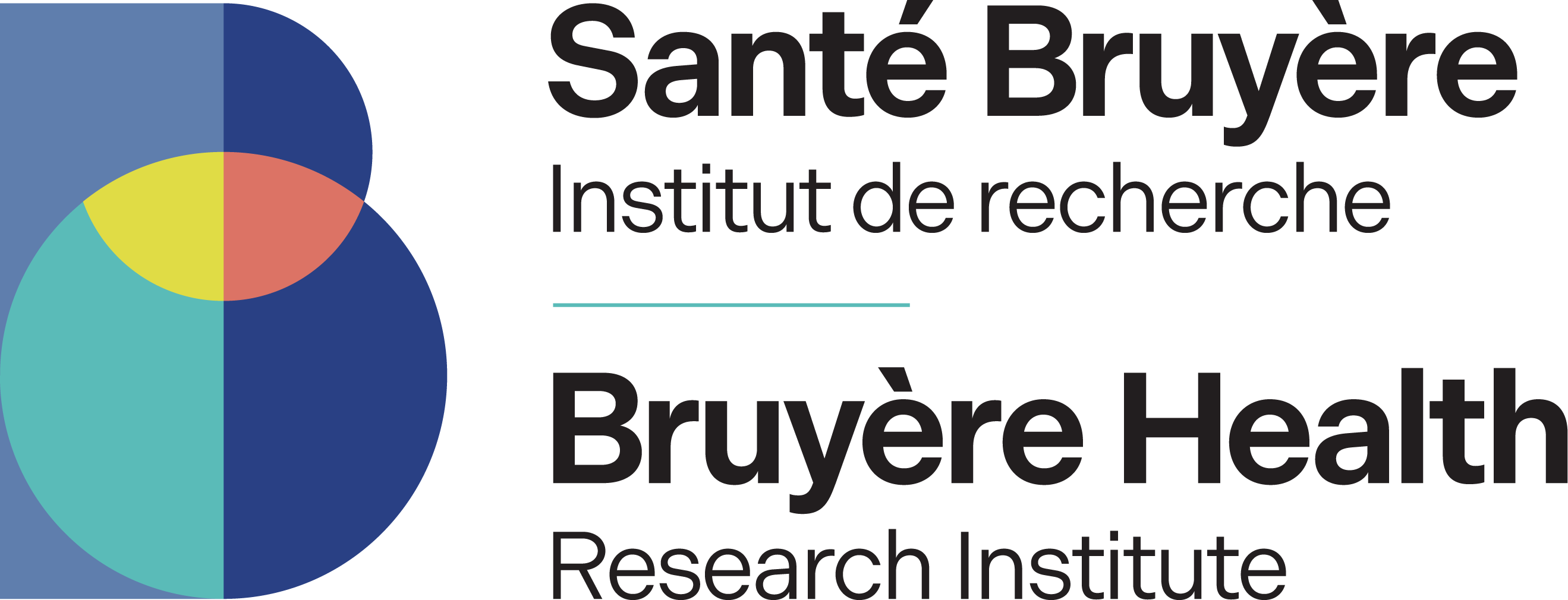Our
Partners

The WHO Collaborating Centre for Knowledge Translation and Health Technology Assessment in Health Equity
WHO collaborating centres form an international collaborative network in support of the WHO’s programs. The WHO Collaborating Centre for Knowledge Translation and Health Technology Assessment in Health Equity promotes the importance of technology assessment in support of the health policy making process among the WHO member countries. The Centre also provides guidance to member countries in the establishment of technology assessment systems at educational, research, and government levels.
The Campbell Collaboration
The Campbell Collaboration is an international social science research network that produces high quality, open and policy-relevant evidence syntheses, plain language summaries and policy briefs.
The Campbell and Cochrane Equity Methods Group
The Campbell and Cochrane Equity Methods Group is registered with Cochrane and the Campbell Collaboration.
Ottawa Centre for Health Equity
The Ottawa Centre for Health Equity studies health inequities systematically through its work around the world.
Cochrane Musculoskeletal Group
Cochrane Musculoskeletal (CM) is made up of health care professionals, researchers and consumer representatives that belong to Cochrane, an international, non-profit organization that aims to help people make well-informed decisions about health care by preparing, maintaining and promoting reviews on the effects of health care treatments.
iCHORDS
iCHORDS (Improving Community Health Outcomes for Research and Development and Systems Strengthening) is a community of practice of social and behavioural scientists working in neglected tropical diseases.

Canadian Network for NTDs
The Canadian Network for NTDS is a network of Canadian researchers and partners working to end the neglect of neglected tropical diseases and raising awareness here in Canada.
BRI-CEE researchers have current and existing partnerships with some of the following entities:
Global
WHO Alliance for Health Policies and Systems
WHO Verbal Autopsy Reference Group
OMERACT
ECOVID
COVID-END
MuSE
Aging Innovation in Perioperative Medicine and Surgery Group (AIMS)
Global 1HN
Neglected Tools for Neglected Diseases: Ensuring Access to Essential Medicines in Developed Countries
Africa
eBase Africa in Cameroon
University of Cape Town (South Africa)
Ifakara Health Institute (Tanzania)
Ghana Health Service (Ghana)
University of Health and Allied Sciences (Ghana)
African Institute for Health and Development (Kenya)
Europe
Swiss Tropical and Public Health Institute (Switzerland)
University of York (UK)
Heidelberg University (Germany)
London School Hygiene and Tropical Medicine (UK)
University of Oxford (UK)
Radboud University (Netherlands)
European and Developing Countries Clinical Trials Partnership (EDCTP)
University of Sheffield (UK)
University of Western Australia
University of Auckland (New Zealand)
Americas
University of West Indies
Canadian Red Cross-Ontario
Ontario Vanier Community Services Centre
Vital Strategies (USA)
National Institutes of Allergies and Infectious Diseases (US)
Washington University in St. Louis
Case Western Reserve University
Task Force for Global Health
Emory University
BC Council of Doctors
University of Alberta
Centre for Addictions and Mental Health (CAMH)
Inuit Perioperative Outcomes
The Ottawa Hospital
School of Epidemiology and Public Health, uOttawa
SE Asia &
Western Pacific
Department of Family Medicine in Banda Aceh (Indonesia)
Pattimura University (Indonesia)
Macquarie University (Australia)
University of Melbourne (Australia)
Universitas Indonesia
Kirby Institute
Papua New Guinea Institute for Medical Research
